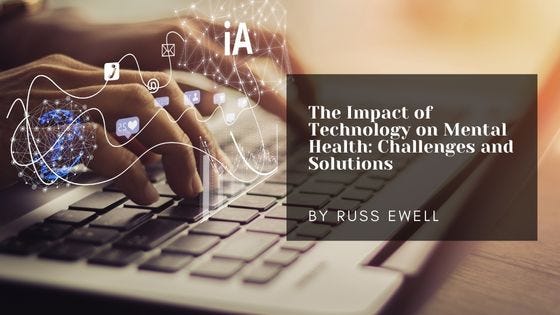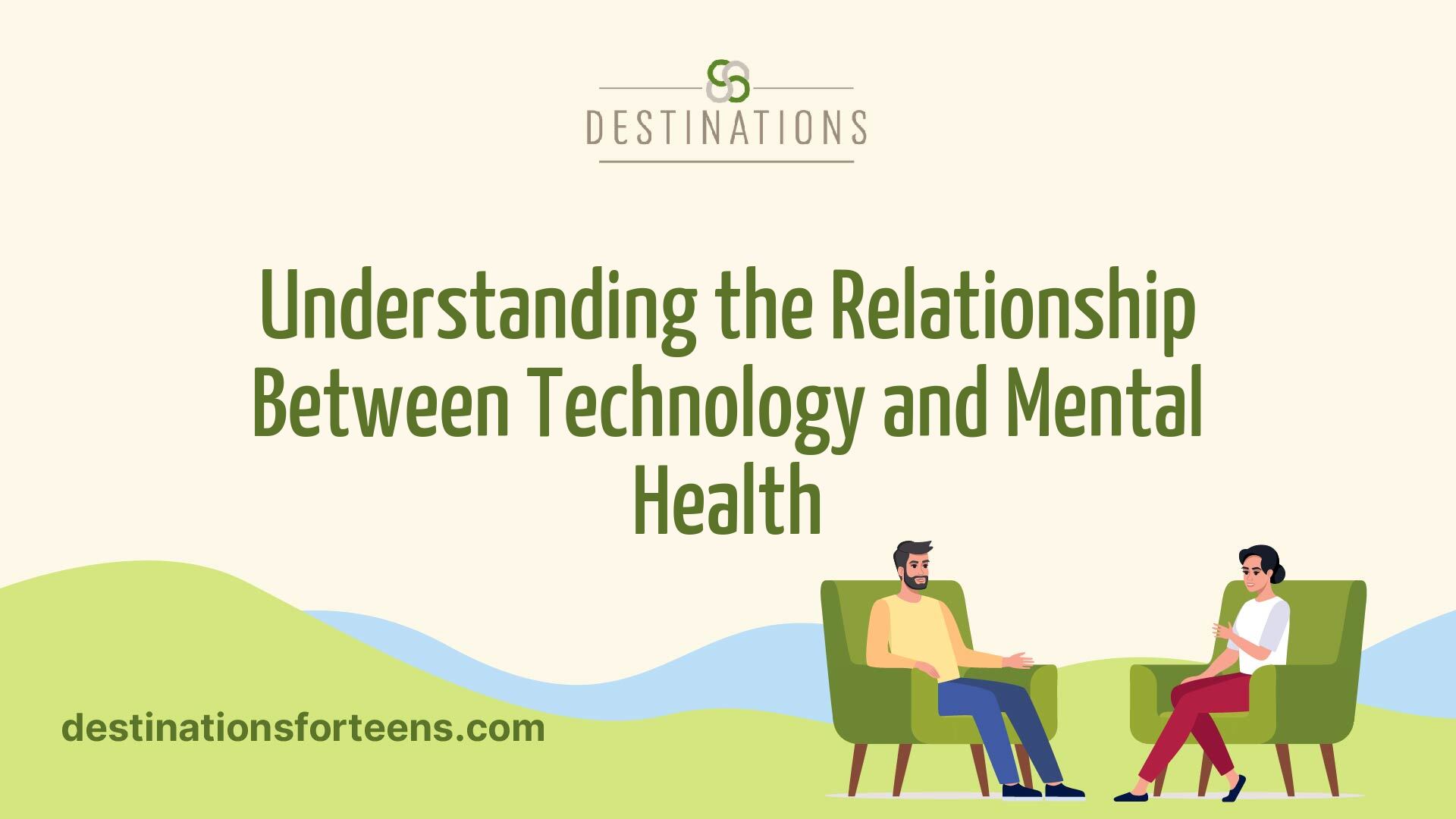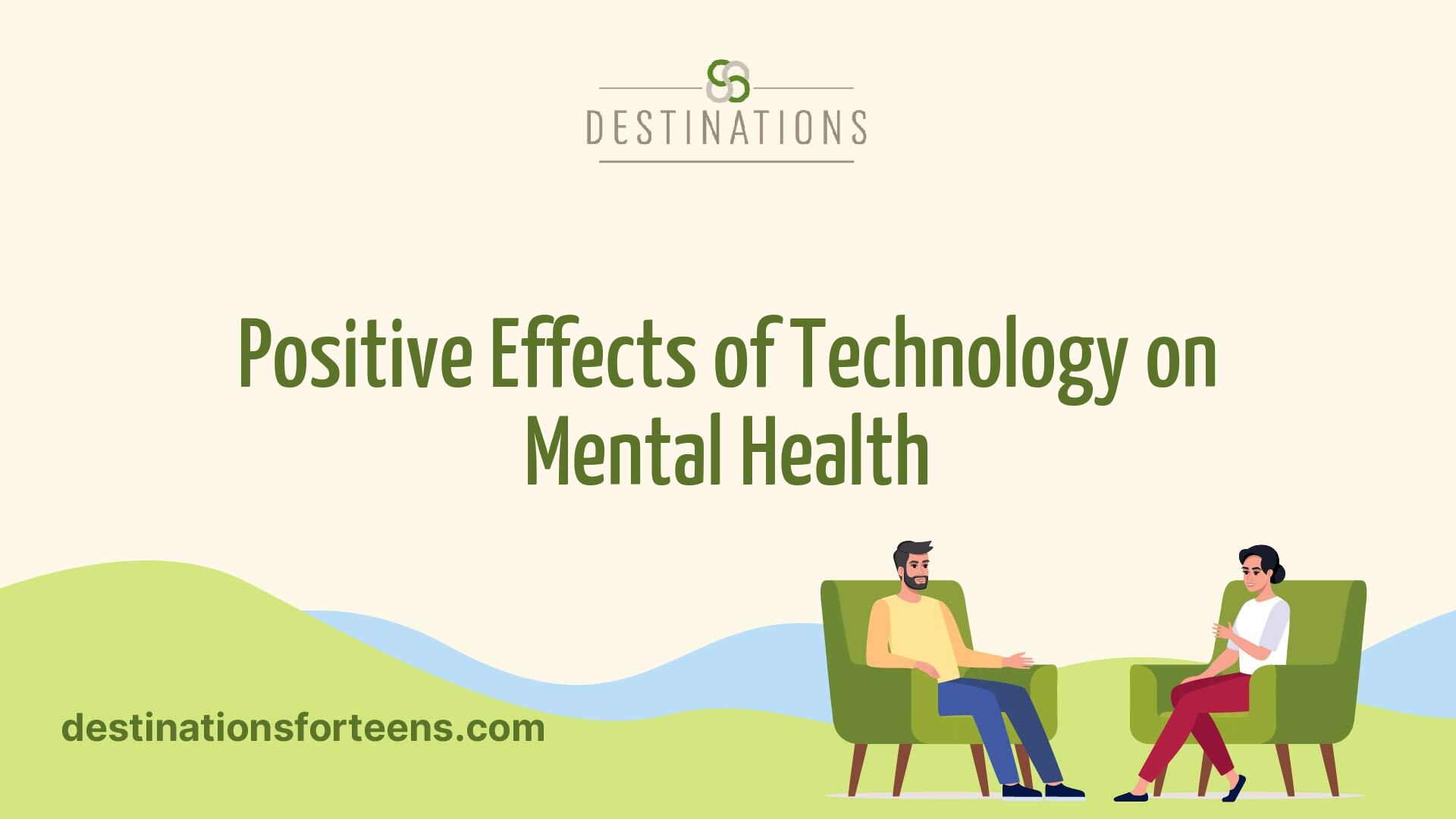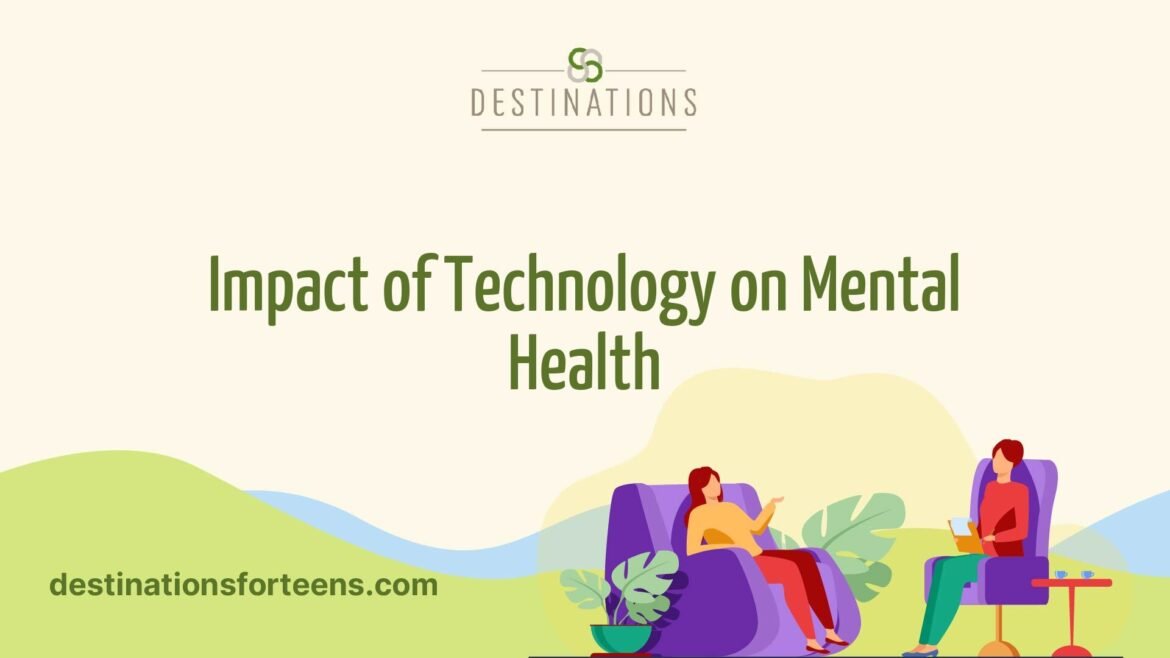
The Current Landscape of Mental Health Solutions
Traditional Approaches to Mental Health
The traditional methods of addressing mental health issues primarily revolve around in-person therapy sessions, medication prescriptions, and community support groups. Many individuals depend on these established avenues, often finding comfort in the face-to-face interactions with mental health professionals. These approaches have undoubtedly played a vital role in many recovery journeys, including my own. For instance, participating in local support groups paved the way for open discussions about mental health, gradually breaking the stigma in my community.
Challenges in Existing Mental Health Care Systems
Despite their importance, traditional mental health care systems face several challenges:
- Limited Access: Many regions lack sufficient mental health services, leading to long wait times.
- Stigmas: Cultural and social stigmas persist, deterring individuals from seeking help.
- Lack of Integration: Often, mental health services are not integrated with general healthcare, complicating access for those with co-occurring disorders.
Addressing these challenges is crucial for shaping the future landscape of mental health solutions.

Introduction to Future Technology in Mental Health
Definition of Future Tech in Mental Health
As we navigate the evolving landscape of mental health care, future technology emerges as a powerful tool that enhances treatment, accessibility, and monitoring. This entails innovations like artificial intelligence, virtual reality, and wearable devices designed to support mental well-being. For instance, I recently encountered an app that uses AI to provide insights based on mood tracking, showcasing the potential of technology in personalizing care.
Importance of Advancing Technology in Mental Health
Advancing technology in mental health is essential for several reasons:
- Enhanced Accessibility: People can access support anytime, anywhere.
- Personalization: Tailored interventions improve outcomes for individuals.
- Ongoing Monitoring: Continuous assessment allows for timely interventions.
These advancements present an exciting frontier, making mental health care more effective and available to those in need. Embracing these technologies could revolutionize how we approach mental health solutions.

Emerging Technologies Transforming Mental Health Care
Artificial Intelligence and Machine Learning
The integration of artificial intelligence (AI) and machine learning (ML) in mental health care marks a significant leap forward. These technologies can analyze vast amounts of data to identify patterns and predict mental health issues before they escalate. Personally, I’ve seen how an AI chatbot provides immediate support for anxiety, helping individuals navigate their feelings.
Virtual Reality and Augmented Reality
Virtual reality (VR) and augmented reality (AR) are also making waves. By immersing users in therapeutic environments, VR can help with exposure therapy for phobias. For example, someone overcoming a fear of heights can engage with virtual scenarios, enabling gradual desensitization in a safe space.
Wearable Technology and Health Tracking Apps
Lastly, wearable technology and health tracking apps empower users to monitor their mental health actively. Devices like smartwatches can detect stress levels and prompt users to practice mindfulness. Personally, using a mood-tracking app transformed how I understood my emotional patterns, creating an opportunity for self-reflection and growth.
These emerging technologies are not only transforming mental health care but also making it more adaptable and intuitive to individual needs.

Benefits of Future Tech in Mental Health Solutions
Improved Access to Mental Health Services
One of the greatest advantages of integrating future technology in mental health solutions is improved access to essential services. Telehealth platforms allow individuals to connect with professionals from the comfort of their homes. I remember a friend who found it challenging to attend in-person sessions due to transportation issues; teletherapy changed her life.
Personalized Treatment Plans
Moreover, technology facilitates personalized treatment plans tailored to individual needs. By analyzing user data, apps can suggest relevant coping strategies and resources. In my experience, I noticed significant progress when my treatment included customized interventions based on my daily mood and triggers.
Enhanced Monitoring and Early Intervention
Finally, advancements in technology enable enhanced monitoring and early intervention. Wearable devices can track physiological signals, alerting users and therapists to potential crises. Having experienced a close friend benefit from this proactive approach, I understand how vital it is to intervene early. Overall, these breakthroughs are reshaping how we approach mental health care, making it more accessible, personalized, and effective.

Ethical and Privacy Considerations in Future Tech Mental Health Solutions
Data Security and Confidentiality
While the benefits of future technology in mental health are evident, we must also address ethical and privacy considerations, particularly regarding data security and confidentiality. Personal mental health data is incredibly sensitive. Breaches could result in severe consequences for individuals. For instance, I once read about a data leak that compromised patient records, leaving affected individuals vulnerable and distrustful of digital solutions.
Ensuring robust security measures, such as encryption and secure databases, is essential to safeguard this information.
Ensuring Informed Consent and User Empowerment
Additionally, ensuring informed consent and user empowerment is vital. Users must clearly understand how their data will be utilized and the potential risks involved. Educational resources and transparent practices empower individuals to make informed decisions about their mental health care. When I consulted a mental health app, its straightforward consent process gave me confidence in how my data would be handled. This trust is crucial for fostering a collaborative relationship between technology and mental health care.

Challenges and Limitations of Implementing Future Tech Solutions
Integration with Existing Systems
Despite the promise of future tech solutions, several challenges and limitations hinder their effective implementation. One major hurdle is the integration with existing systems. Many mental health practices still rely on traditional methods, leading to incompatibility with new technologies. During my conversations with therapists, I’ve noticed their concern about maintaining continuity of care when incorporating digital tools.
Digital Divide and Accessibility Issues
Another significant challenge is the digital divide and accessibility issues. Not everyone has reliable access to the internet or advanced devices, which can limit the effectiveness of tech solutions. For example, I have a family member who struggles with connectivity issues, making it hard for them to utilize telehealth services.
The Role of Human Connection in Mental Health Care
Finally, it’s essential to recognize the role of human connection in mental health care. While technology can enhance treatment, it cannot replace the empathy and understanding that comes from face-to-face interactions. Many individuals, including myself, find comfort in traditional therapy settings. Balancing technology use with personal interaction is crucial for fostering effective mental health support. Addressing these challenges will pave the way for a more holistic approach to mental health care.

Future Trends and Possibilities in Tech-Driven Mental Health Innovations
Telehealth and Remote Therapy
Looking ahead, several future trends and possibilities in tech-driven mental health innovations are emerging. Telehealth and remote therapy have gained immense popularity, particularly since the pandemic. They allow individuals to access care from anywhere. I’ve personally experienced the convenience of remote sessions, which made therapy accessible during challenging times.
Gene Therapy and Neurotechnology
Another exciting avenue is gene therapy and neurotechnology. Advances in genetics may allow tailored treatments based on an individual’s genetic predispositions, representing a revolutionary leap in mental health care. My curiosity has peaked as studies suggest potential interventions that could alter how we approach mood disorders.
Predictive Analytics for Mental Health Diagnosis
Lastly, predictive analytics for mental health diagnosis is becoming more sophisticated. By utilizing algorithms to analyze behavioral data, we can predict potential mental health issues before they develop. I can see this being instrumental in proactive care, providing individuals with timely resources and support. Embracing these innovations could help transform the landscape of mental health care, making it more refined and responsive to individual needs.

Conclusion
Recap of the Impact of Future Tech on Mental Health Solutions
In summary, the impact of future tech on mental health solutions is undeniably profound. Innovations like telehealth, AI, and wearable technology have expanded access, improved treatment personalization, and enhanced monitoring. Personally, witnessing friends thrive through these tech-driven approaches underscores their importance in today’s mental health landscape.
Looking Ahead: The Potential of Technology in Transforming Mental Health Care
Looking ahead, the potential of technology to transform mental health care is immense. Emerging trends such as gene therapy and predictive analytics promise to refine our understanding and treatment of mental health issues. As we embrace these advancements, it’s crucial to ensure that technology complements human connection and empathy in mental health services. Together, they can create a more holistic approach to well-being, allowing individuals to thrive in their mental health journeys. Ultimately, by prioritizing ethical considerations and accessibility, we can harness technology’s full potential for positive change.

